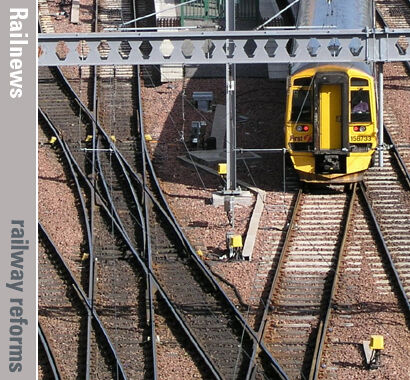The private train operators’ lobby group Rail Partners has published a five point ‘Manifesto for Rail’ aimed at helping the railways to recover from the long-term effects of the Covid lockdowns and the increasing uncertainty caused by the collapse of franchising.
Its Five Point Plan makes the case for greater commercial freedom and an end to railway management from Whitehall. This freedom would include more open access operation where the capacity exists.
Rail Partners is also warning that ‘it is widely recognised the railway is not performing as it should be and needs urgent reform if it is to fulfil its potential over the next parliament’.
Apart from the pleas for greater competition and less government control, Rail Partners is also calling for an ‘overhaul’ of fares, because ‘the complexity of the fares system puts potential customers off using the railway. Attracting and retaining customers means providing them with an easy-to-understand process.’
The remaining points cover the creation of a new railway body which is ‘accountable to the public’ and making the transfer of freight from road to rail a ‘priority’.
Rail Partners chief executive Andy Bagnall said:'Our Manifesto for Rail is a five point plan, backed by train companies, to get the railways delivering their full potential for Britain again. It gives whoever forms the next government a clear set of priorities to deliver reform and put the railways back on track to growth. The public is not that interested in how our railways are structured or organised, they just want to have trains that run on time and fares that offer them the best value for their journey.
'There doesn’t have to be a binary choice between a railway monopoly in public hands, and one that delivers competition and innovation by harnessing the commercial expertise of private sector operators. We need the “best of both worlds”, which means focusing the system outwards on passengers and freight customers by empowering operators to meet their needs, and creating a single accountable body so the public knows who is in charge.'


